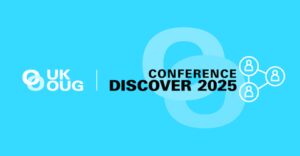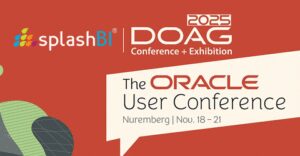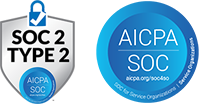The global pandemic has meant that companies need to rely on data within HR even more. By investing in programmes, platforms and tools that support data for all aspects of the business, companies will find that this ultimately contributes to employee perennial success.
The last twelve months have seen workforces and internal processes accelerate to the hybrid working environment. However, in this transition a gap has emerged between inaccuracies and redundant data which is ever growing, unless addressed.
What does this mean for HR processes and how will that evolve over the next 12 months’ post pandemic? HR data and the importance of analysing people analytics is key for businesses to continue to adapt, evolve and thrive as we look to the future.
How Do We Get Clean Data?
Companies using people analytics recognise how much data changes between employees at point of hire to five years of service, which can lead down a path of error.
Dirty data is an on-going problem. It is easy for the data to become ‘contaminated’, for example, through change within the HR team or the transition to a new internal platform, the door for error becomes ajar.
A data clean-up can be extremely time consuming and could contribute to further mistakes, so by only cleaning the data that you need to run a report from, you can save time and money by focusing on one specific element for analysis.
But what about legacy systems data? Does this matter too? Of course. Data still rules all within a business, so to disregard its importance in the transition to a new people analytics platform has detrimental effects in the businesses data-driven decisions.
With the continuous development of people analytics, a more flexible and innovative approach to HR technology has been introduced to the market. We are now seeing that the use of artificial intelligence to intelligently and effortlessly automate timetables, and mobile technology empowering employees to maintain, update and control their own data and system integration, thus reducing mundane administrative tasks as well as costly errors.
Making Data a Priority
Analytics in HR is nothing new, but the hindrance of legacy platforms is keeping businesses from functioning in an efficient way. By integrating a reliable, nimble and easy to use people analytics platform, this will effectively change the landscape of employee data within the business.
Maintaining data and keeping it clean is a huge task and an ongoing process for most companies, but ultimately, the benefits to the organisation and makes it worthwhile. Taking the temperature of your companies’ data in a people analytics platform is vital in order for the business to make quick and key business decisions whilst reducing the risk of compliance and security.
Starting on critical data that you need to hand first is proactive for your business, and putting in the time, effort and love to ensure that your data is clean will not only produce reliable and critical results but gives kudos to the HR department within the organisation.
Reference Link – https://www.hrmagazine.co.uk/content/comment/making-clean-data-a-priority







